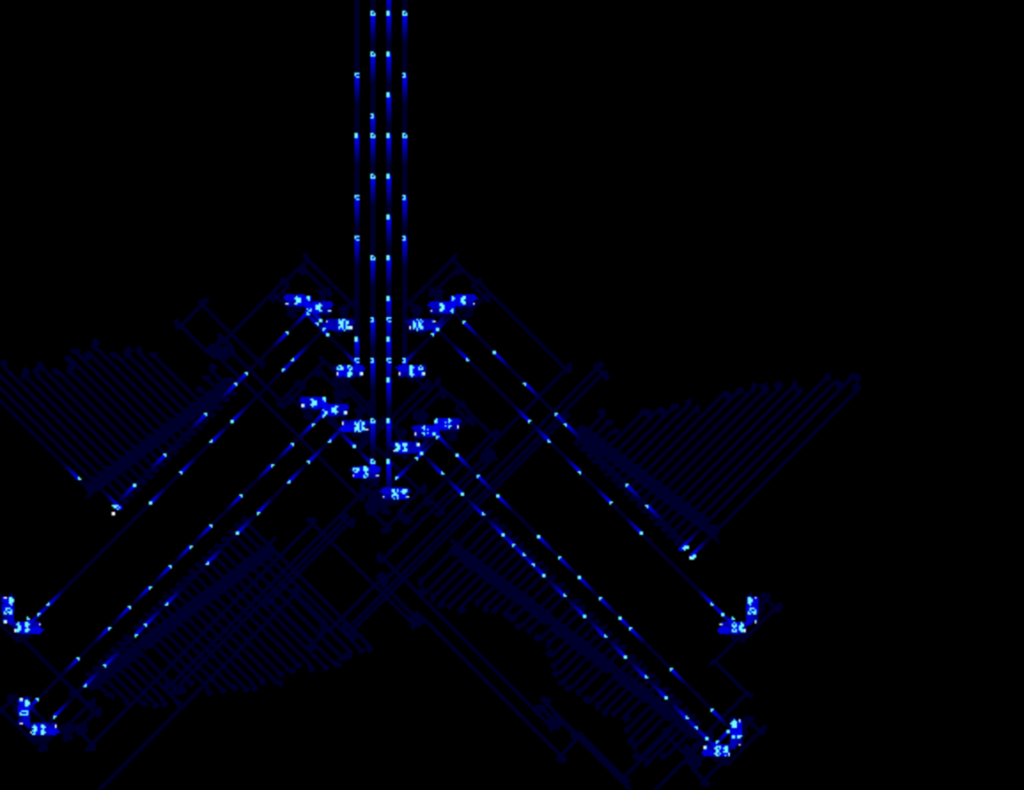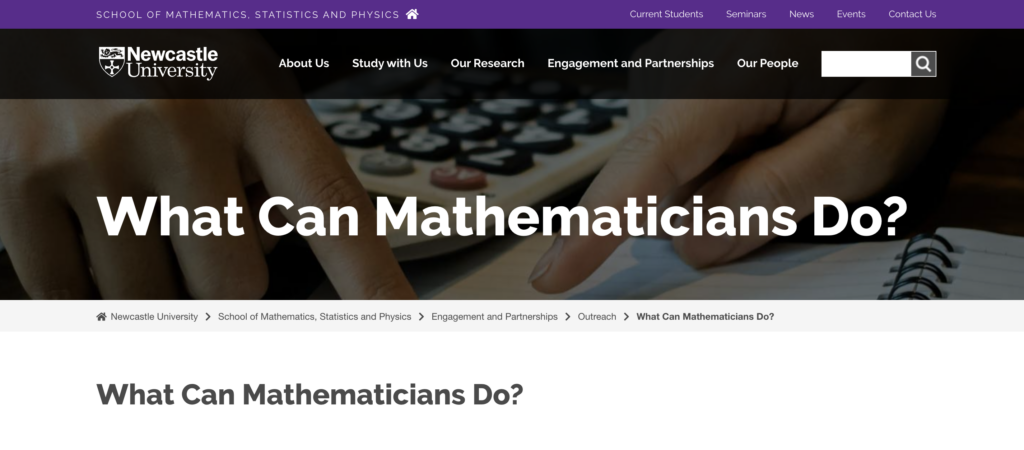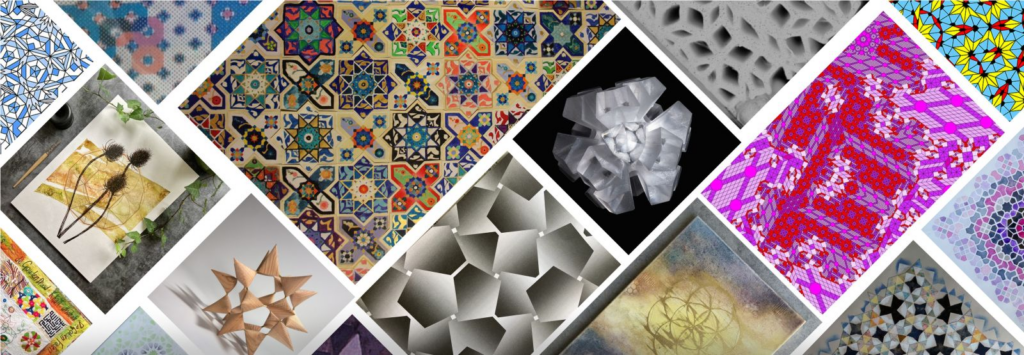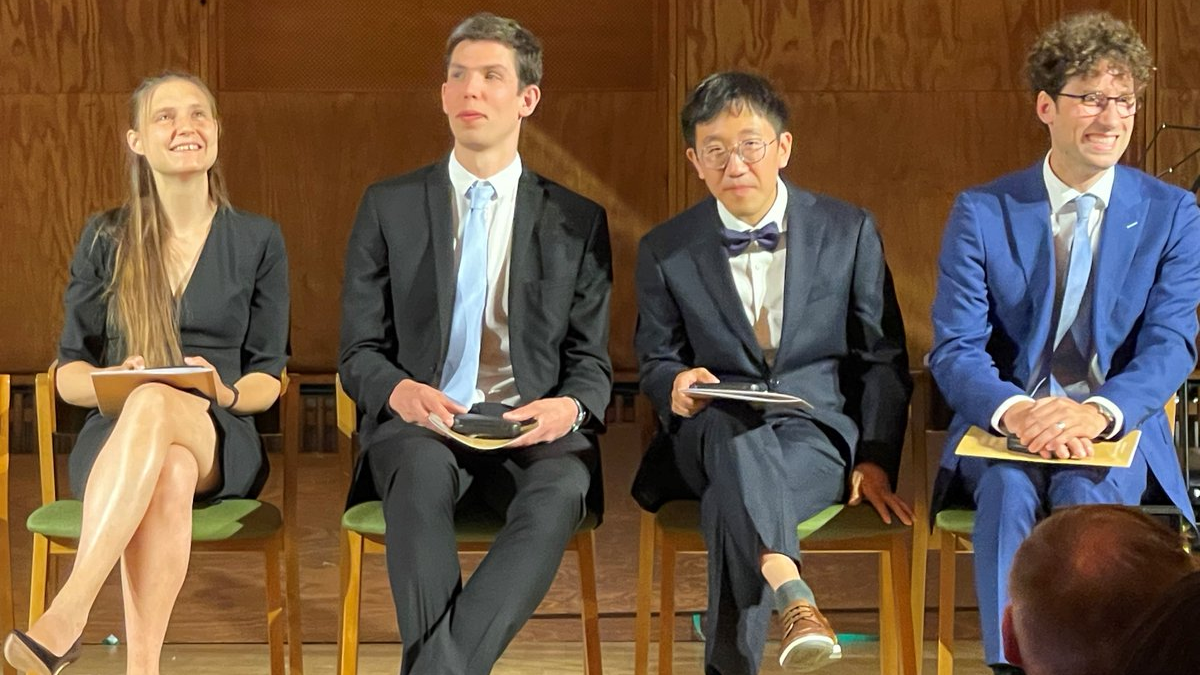Here’s a roundup of things that happened online in November that we didn’t cover here at the time!
Maths Research News
According to an article on philosophy news site Daily Nous, an international symbolic logic journal printed then shortly retracted two articles, one entitled “The Twin Primes Conjecture is True in the Standard Model of Peano Arithmetic: Applications of Rasiowa–Sikorski Lemma in Arithmetic” and the other “There are Infinitely Many Mersenne Prime Numbers. Applications of Rasiowa–Sikorski Lemma in Arithmetic“. After a discussion on MathOverflow, mistakes were found in both papers, and the journal’s editor posted:
Recently two articles on the applications of the Rasiowa-Sikorski Lemma to arithmetic were published online in Studia Logica without proper examination and beyond reasonable standards of scholarly rigor. As it turned out, they contained an irrrepairable mistake and, consequently, have been retracted from the journal’s website. The papers will not appear in print.
Studia Logica editor-in-chief Jacek Malinowski
(via Catarina Dutilh Novaes on Twitter, whose thread includes some clarifications.)
According to Conway’s Life, a blog which documents developments in research around Conway’s Game of Life, on November 9, 2022 Pavel Grankovskiy discovered that 15 gliders can make any pattern in Conway’s game of life. Given a particular shape, the gliders can be set up to create it (eventually) beating a recent record of 16 gliders. (via Oscar Cunningham on mathstodon,xyz:)
Fields medalist Terry Tao reports some progress on the union closed sets conjecture, an open problem in combinatorics, which has seen rapid developments thanks to (in Tao’s words) ‘maths at internet speed’.
Other News
As of 11th November, applications for Young Researchers for the Heidelberg Laureate Forum 2023 are open. If you or someone you know is a researcher in maths or computer science at undergrad or postgrad level, and would like to spend a week next September in a lovely town in Germany meeting the world’s most decorated mathematicians and computer scientists, you should consider applying!
The latest issue of The Mathematics Enthusiast is a special issue collecting 29 reviews of popular maths books by maths educators, including Matt Parker, Hannah Fry, Eugenia Cheng, Simon Singh and Jordan Ellenberg among many others. If you’re looking for new pop maths book recommendations, it’s a good place to start!
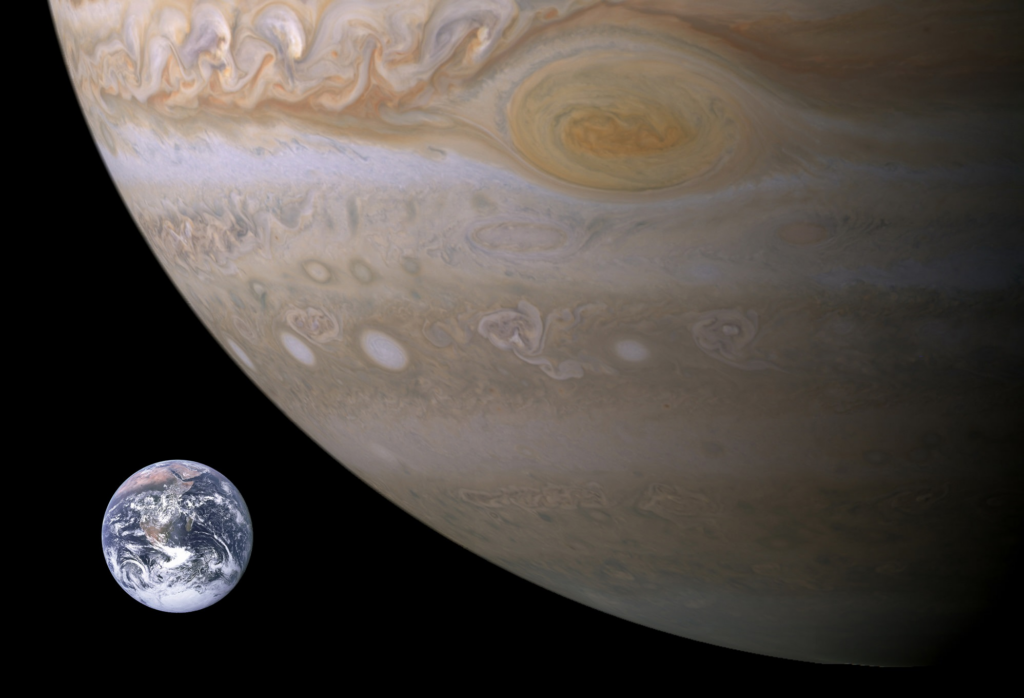
It was announced earlier this month that having discovered sufficiently many very big and very small numbers, it’s time for some new SI prefixes: ronna-, ronto-, quetta- and quecto- have joined the ranks of things that make numbers bigger and smaller, allowing you to describe itty bitty quantities as small as $10^{-27}$ (ronto) and $10^{-30}$ (quecto), as well as chonky numeros in the region of $10^{27}$ (ronna) and $10^{30}$ (quetta). The earth weighs 6 ronnagrams, and Jupiter is about 2 quettagrams.
“‘R’ and ‘Q’ were the only letters left in the English alphabet that hadn’t been used by other prefixes.”
Richard Brown, National Physical Laboratory
And in computer news, Google Chrome now supports MathML core, a language for describing mathematical notation embeddable in HTML and SVG. (via axel rauschmayer)
